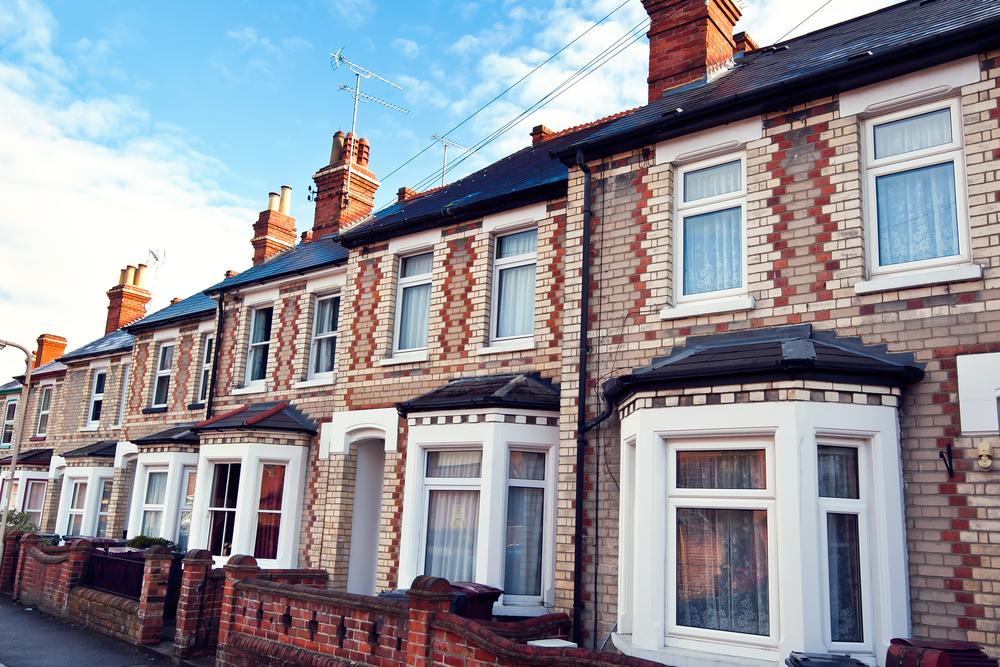Since the referendum, several Blue Chip companies are offering surprisingly good value for money for investors. Below is UK Investor Magazine’s list of the top ten cheapest stocks in the FTSE 100, based on forward price-to-earnings ratio using next year’s earnings estimates.
International Consolidated Airlines Group SA (LON:IAG)
IAG, the owner of airlines including British Airways, Iberia and Aer Lingus, has seen its share price drop over the past six months making it the cheapest on our list. Its shares dropped dramatically after the referendum result and are still struggling to recover, hovering around the 403.20 mark.
P/E ratio: 5.41
Berkeley Group Holdings (LON:BKG)
Berkeley is one of the UK’s biggest property developers, with a focus on London. London’s housing shortage has been a blessing for the Group, redeveloping several ‘brownfield’ sites including the area around Woolwich Arsenal, and South East London’s Kidbrooke village. Again, however, the referendum caused a big drop in shares for the group – which are now just beginning to recover. It is currently trading at 2,612.36, down from their six month high of 3375.00.
P/E ratio: 6.59
Lloyds Banking Group (LON:LLOY)
High street bank Lloyds, often a safe bet for investment, takes third place on the list due to a sharp drop in price in the wake of the referendum.
P/E ratio: 7.73
Barratt Developments (LON:BDEV)
The second housebuilder to make the list, Barratt Developments shares have been shaky due to the uncertain effect of the referendum on the housing market. However, their figures look strong; the average selling price on their homes rose 10.6 percent, with profit before tax set to increase by 20 percent year on year. Barratt are currently trading at 429.40, down from their six month high of 599.50.
P/E ratio: 8.06
Aviva PLC (LON:AV)
International insurance group Aviva saw shares weaken significantly in the wake of Brexit, but have now climbed back to almost where they were before the vote. Just last month the insurance group promised its investors higher dividends, alongside the reporting of a 13 percent rise in group operating profits. If CEO Mark Wilson is to be believed, the group is set to deliver “consistent, sustainable and predictable growth”.
P/E ratio: 8.85
Persimmon PLC (LON:PSN)
Yet another housebuilder, Persimmon have had a slow recovery since the Brexit vote. However, its share price is now climbing and with positive news coming in thick and fast for the UK construction industry, now’s a good time to buy.
P/E ratio: 8.93
Taylor Wimpey PLC (LON:TW)
A national developer operating 24 regional businesses across the UK, as well as some in Spain, shares are now relatively cheap – they are recovering slower than other housebuilders on the list, perhaps due to the uncertain effect on its operations abroad. Shares are currently at 152.30, down from its one year high of 210.00 reached in May.
P/E ratio: 8.94
Legal & General Group PLC (LON:LGEN)
Insurance group Legal & General saw a 10 percent rise in half-year operating profits on Tuesday, which inexplicably saw its shares sink over 5 percent. However, it has shown one of the fastest recoveries in the wake of the referendum of those on the list, making it a firm favourite for investment.
P/E ratio: 9.79
TUI AG (LON:TT)
Travel company TUI, owner of Thomson Travel and First Choice, takes ninth place on our list. The company offers significant returns over the medium term, and despite the referendum result causing uncertainty in the near term, has potential.
P/E ratio: 9.87
easyJet PLC (LON:EZJ)
Budget airline easyJet had a steady few months before the Brexit vote, which sent shares tumbling on worries that an exit from the European Union would cause European flight prices to soar. Share prices still remain extremely low, showing little recovery since June 28th; the company is currently trading at 1,072.89, down from a six month high of 1556.00.
P/E ratio: 9.95
10/08/2016




